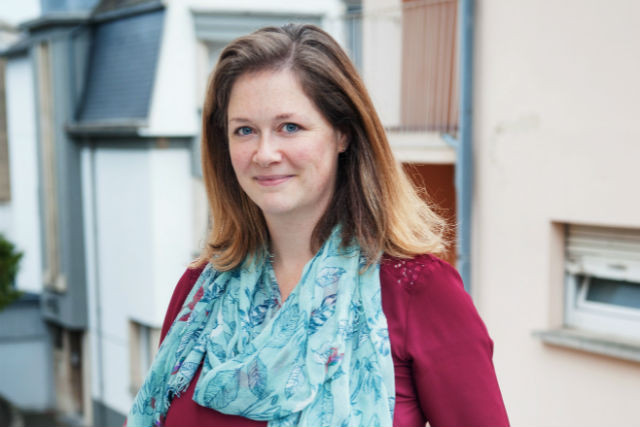In 1936, a French humanitarian and journalist by the name of Raoul Follereau was travelling through South America when his car broke down near a small group of lepers. That chance meeting lead Follereau to dedicate his life’s work to eradicating leprosy and the social stigmatisation surrounding the disease.
Thirty years later, a group of friends in Luxembourg founded the Fondation Follereau in order to assist with Follereau’s work, not only against leprosy but against exclusion in the poorest parts of the world.
The Fondation Follereau is now present in nine different countries with 36 active projects. Its primary focus is one of healthcare, but unlike other organisations, it works directly with local NGOs. “Our partners and beneficiaries in the countries we are present in come to us with projects they feel would best aid the local community,” explains Reichling.
“If the project falls within our criteria, we provide support and finance.” Since 2011, the foundation has focused geographically on Africa, where access to basic healthcare is limited, enabling it to establish and build long-lasting relationships with local NGOs.
“Typically, the foundation will provide help and financing for anywhere between three and ten years, but it is our goal that the local community takes responsibility in the long-run.”
Healthcare projects still include tackling leprosy but also infections such as Buruli ulcers, which is another disfiguring and debilitating disease affecting mostly children under 15 years of age. “Currently there is no prevention against the disease, but the foundation supports local hospitals that can care for the children and provide them with as normal a life as possible,” says Reichling.
Maternal healthcare is still a priority in many countries, including pre- and postnatal care as well as vaccinations, nutrition and sex education are provided in local health centres. It is crucial that the local community is responsible for staffing and running the local centres. “Of course, the local NGOs send skilled practitioners and volunteers to the infrastructures we support. But we use local doctors or assist with vocational training where necessary.”
The foundation also supports street children and victims of child trafficking. Local centres provide not only basic essentials such as food and a bed, but also training to offer children the opportunity for a better future. These can be in anything from carpentry and sewing to mechanics.
“In Mali, we provided two boys with mechanical training and micro financing which has allowed them to set up their own garage fixing motorcycles,” Reichling explains.
The foundation currently employs 11 people in Luxembourg and is funded partly by the state and through donations from both private individuals and corporations. “A monthly donation as little as €10 can buy food for two children for one day, or finance a crucial vaccination. It’s very little, but can be the difference between life and death.”
